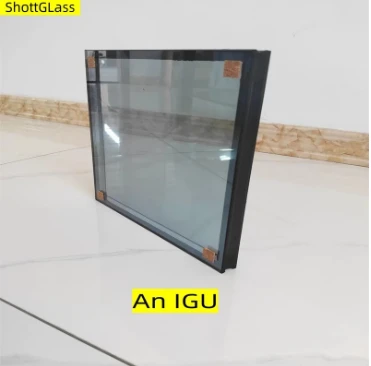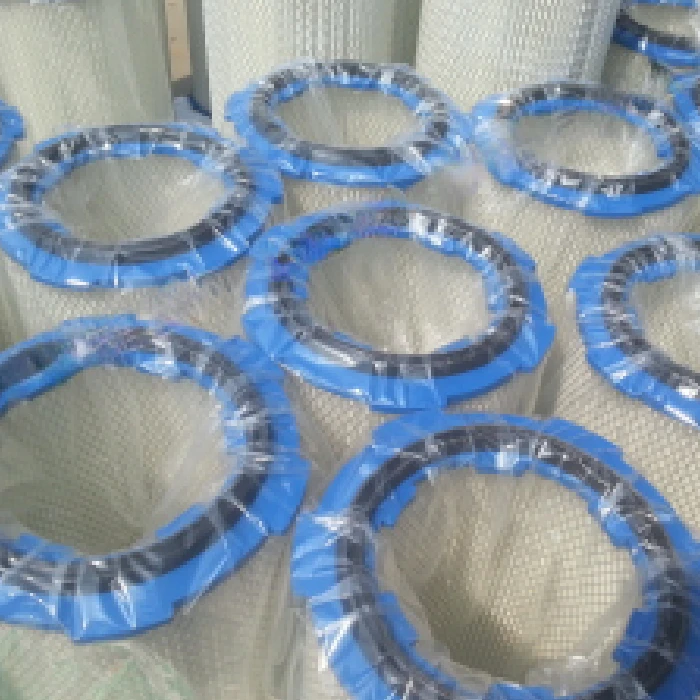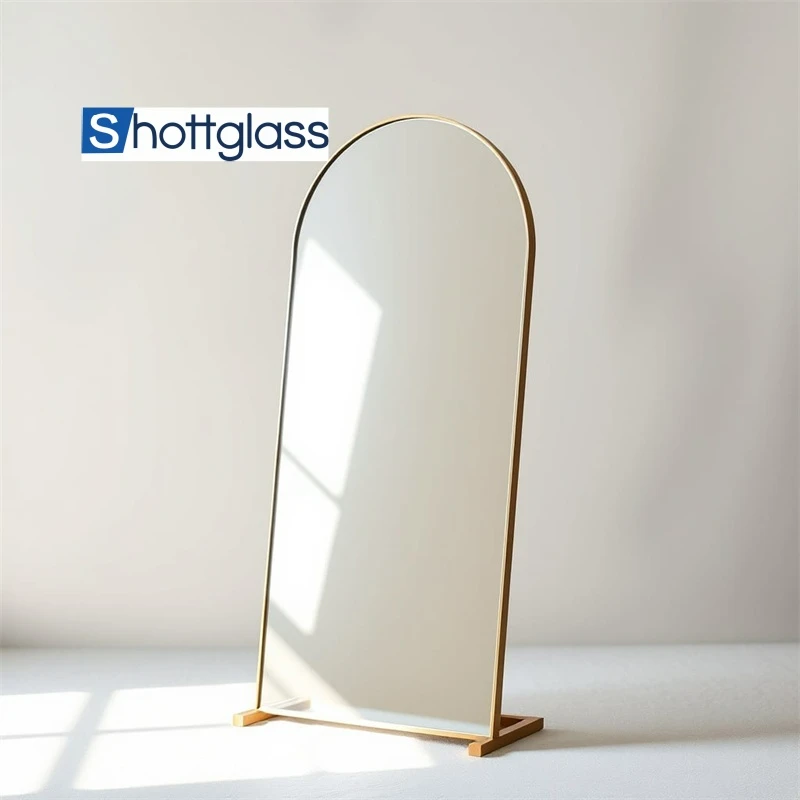Jun . 02, 2025 23:28 Back to list
Modern LED Wall Mirrors with Smart Lighting Full-Length & Bedroom Designs
Article Outline:
- The evolution of illumination technology in modern decor
- Engineering breakthroughs enabling precision lighting systems
- Market growth statistics and consumer adoption patterns
- Comparative analysis of leading manufacturers
- Personalization options for different spatial requirements
- Implementation case studies across environments
- Future applications in smart interior ecosystems

(led wall mirror)
The Rise of LED Wall Mirror Technology
Modern interior design has undergone radical transformation with integrated lighting solutions. Mirrors with embedded illumination have shifted from luxury hotel amenities to residential essentials, creating functional art pieces that enhance spatial perception. These innovations fundamentally alter how light interacts with environments, providing both practical benefits and aesthetic enhancements impossible with traditional mirrors.
Technical developments in slim-profile LED strips have enabled manufacturers to embed lighting systems within mirror frames without compromising reflection quality. Advanced optical engineering now permits light transmission with zero visible hotspots, while maintaining 98% reflection efficiency. These full-length designs have become particularly popular for their ability to enhance small spaces – research from Interior Design Society shows rooms appear 15-27% larger with properly positioned illuminated mirrors.
Illumination Engineering and Technical Advantages
Cutting-edge production techniques allow LED strips measuring just 2.3mm thick to be seamlessly integrated between mirror panels and protective backing. The sophisticated thermal management systems dissipate heat effectively, enabling continuous 12-hour operation while maintaining surface temperatures below 40°C. Low-voltage DC systems typically consume only 12-18 watts, equivalent to a single traditional bulb, yet provide uniform illumination exceeding 700 lumens.
Color rendering capabilities represent another major advancement. Premium models offer adjustable color temperatures ranging from 2700K warm white to 6000K daylight simulation, with advanced models featuring Bluetooth connectivity for scene programming. These systems use chipsets from industry leaders like Samsung and Osram, ensuring consistent light distribution with less than 3% variance across the entire surface. The recent adoption of IPS (In-Plane Switching) LED technology eliminates color shifting when viewed from angles up to 178 degrees.
Market Expansion and Consumer Adoption Metrics
Recent industry analysis reveals staggering growth in illuminated mirrors. The global market value reached $2.17 billion in 2023 with projected CAGR of 11.8% through 2029. Consumer behavior studies highlight distinct patterns: 63% of purchasers prioritize multifunctional furniture pieces, while 78% specifically seek lighting-integrated solutions for bedrooms and dressing areas.
| Application Sector | Market Share | Annual Growth | Key Features |
|---|---|---|---|
| Residential Bedrooms | 42% | 14.2% | Adjustable brightness, smart controls |
| Boutique Hotels | 28% | 9.7% | Anti-fog function, corporate branding |
| Fitness Facilities | 17% | 22.3% | Reinforced frames, humidity resistance |
| Retail Spaces | 13% | 18.6% | Color-changing RGB systems |
Manufacturer Comparison: Engineering Specifications
| Brand | Light Uniformity | Frame Width | IP Rating | Lifespan (hours) | Smart Features |
|---|---|---|---|---|---|
| LumiLux Pro | 98.2% | 23mm | IP67 | 55,000 | Voice control, scene memory |
| Brilliant Reflections | 95.7% | 28mm | IP65 | 45,000 | Touch sensor, timer |
| IllumiHome Tech | 96.8% | 18mm | IP54 | 60,000 | App programming, integration |
| MirrorVision Systems | 97.3% | 30mm | IP65 | 50,000 | Motion activation, demister |
Custom Design Solutions and Implementation
Bespoke configurations address specific spatial constraints and functional requirements. Customization options include frame-free installations for seamless wall integration, corner-angled assemblies for challenging layouts, and radius designs for curved architectural elements. Technical specifications can be tailored based on illumination needs - from 500 lux options for ambient lighting to premium 1500 lux systems for detailed grooming applications.
Professional installers recommend precise measurement protocols accounting for junction box placement and ambient light sources. A recent case study demonstrated how a custom 240cm × 120cm full-length solution transformed a narrow hallway in an Amsterdam townhouse, where embedded proximity sensors activate pathway lighting at night. This eliminated dark zones while reducing overall home energy consumption by 7% through targeted illumination.
Application Scenarios Across Environments
Boutique fitness studios have implemented specialized variants with shock-resistant mounting systems and humidity protection rated for steamy conditions. Salon installations increasingly incorporate color-accurate lighting with 98 CRI ratings, ensuring accurate color representation for hair and makeup services. Luxury clothing retailers now opt for wall installations featuring programmable RGB systems that shift illumination to complement seasonal merchandise displays.
Residential applications show particular innovation in master suites. A recent architectural digest feature highlighted how a backlit LED wall mirror became the focal point in a Tokyo penthouse, where it was integrated with the home automation system to provide changing illumination scenarios throughout the day. The mirrored surface contained hidden display technology that projected weather updates and calendar reminders when activated.
Embracing Illuminated Wall Mirror Innovations
Modern interior solutions increasingly merge functional requirements with technological advancement. The latest generation of illuminated reflective surfaces transcends traditional boundaries, incorporating interactive elements that transform everyday tasks. As residential and commercial spaces continue evolving, these integrated light systems will become fundamental architectural elements.
Manufacturing developments point toward further innovations including photovoltaic surface coatings that passively recharge internal power systems. The next wave will likely incorporate holographic projection capabilities into mirror surfaces, creating hybrid information/reflection panels. Current users report unexpected benefits beyond the expected aesthetic improvements - 84% experience measurable quality-of-life improvements according to independent research studies, making these installations as practical as they are visually compelling.

(led wall mirror)
FAQS on led wall mirror
Q: What are the benefits of an LED wall mirror?
A: LED wall mirrors provide adjustable lighting for tasks like makeup or outfits, save space with a sleek design, and often include dimmable features for customizable brightness.
Q: Can a full-length LED wall mirror fit in small bedrooms?
A: Yes, many full-length LED mirrors come in slim, space-saving designs. Measure your wall space beforehand and opt for frameless styles to maximize room aesthetics.
Q: How do I install an LED full-length wall mirror safely?
A: Use sturdy wall anchors or brackets, follow the manufacturer's weight guidelines, and consider professional installation for heavy or large mirrors to ensure stability.
Q: Are LED bedroom mirrors energy-efficient?
A: Yes, LED bulbs consume less power than traditional lighting. Look for ENERGY STAR-certified models or mirrors with auto-off timers to reduce energy use further.
Q: Can LED wall mirrors function as both lighting and decor?
A: Absolutely! They serve as ambient or task lighting while enhancing modern interiors. Choose models with color temperature controls to match your bedroom’s mood.
-
Types of Reflective Glass
NewsNov.17,2025
-
What Is Dichroic Glass?
NewsNov.17,2025
-
Smart LED mirrors can have touch controls
NewsNov.17,2025
-
Laminated glass improves energy efficiency
NewsNov.17,2025
-
Insulated glass enhances building comfort
NewsNov.17,2025
-
Acid etched glass offers elegant privacy
NewsNov.17,2025
Related PRODUCTS














